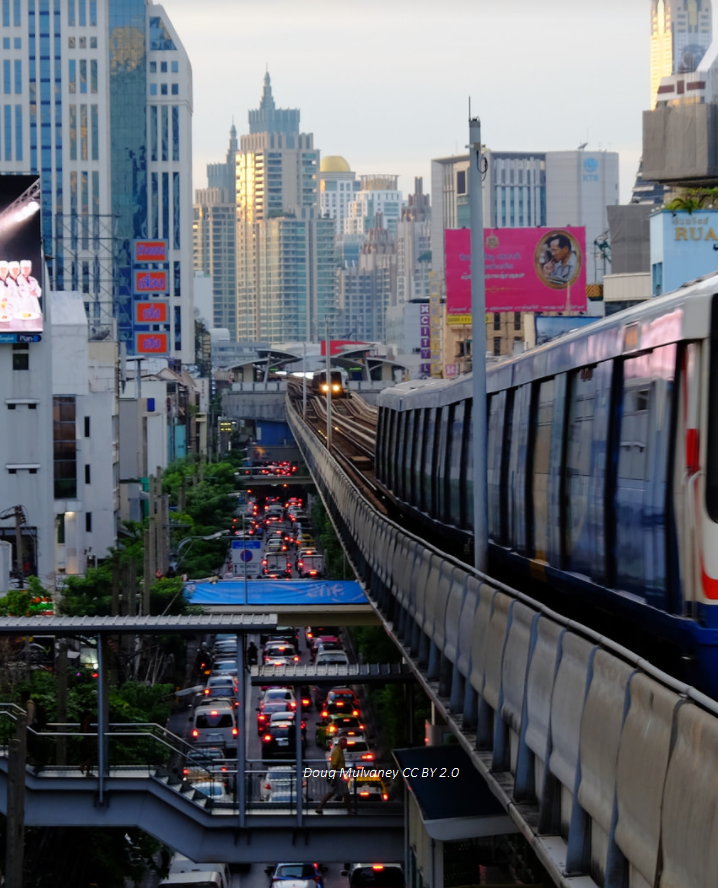Transit Oriented Development
25 publications in total
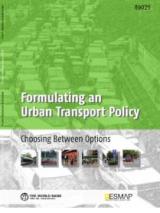
-
Published On
November 02, 2017
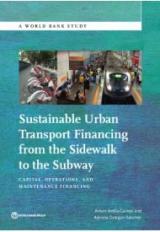
Sustainable Urban Transport Financing from the Sidewalk to the Subway: Capital, Operations, and Maintenance Financing
-
Country/ City
Global
-
Published On
November 02, 2017
-
Author(s)
Arturo Ardila-Gomez, Adriana Ortegon-Sanchez
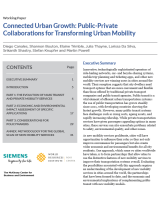
Connected Urban Growth: Public-Private Collaborations for Transforming Urban Mobility
-
Country/ City
Mexico, United Kingdom, United States
-
Topic
Urban Mobility
-
Published On
November 01, 2017
-
Author(s)
Diego Canales, Larissa Da Silva, Srikanth Shastry, Shannon Bouton, Elaine Trimble, Stefan Knupfer , Martin Powell, Julia Thayne
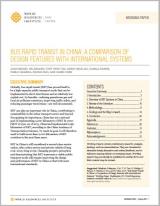
Bus Rapid Transit in China: A Comparison of Design Features with International Systems
-
Country/ City
China
-
Topic
Urban Mobility, Mass Transportation System (MTS)
-
Published On
November 01, 2017
-
Author(s)
Juan Miguel Velásquez, Thet Hein Tun, et al.
-
Published On
October 27, 2017
-
Author(s)
Hiroaki Suzuki, Jin Murakami, Yu-Hung Hong and Beth Tamayose

